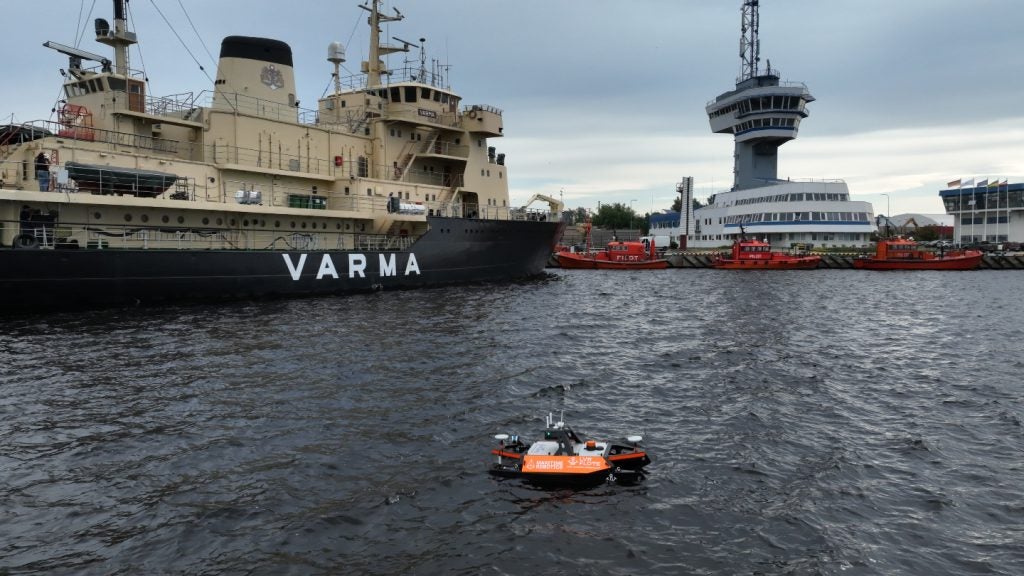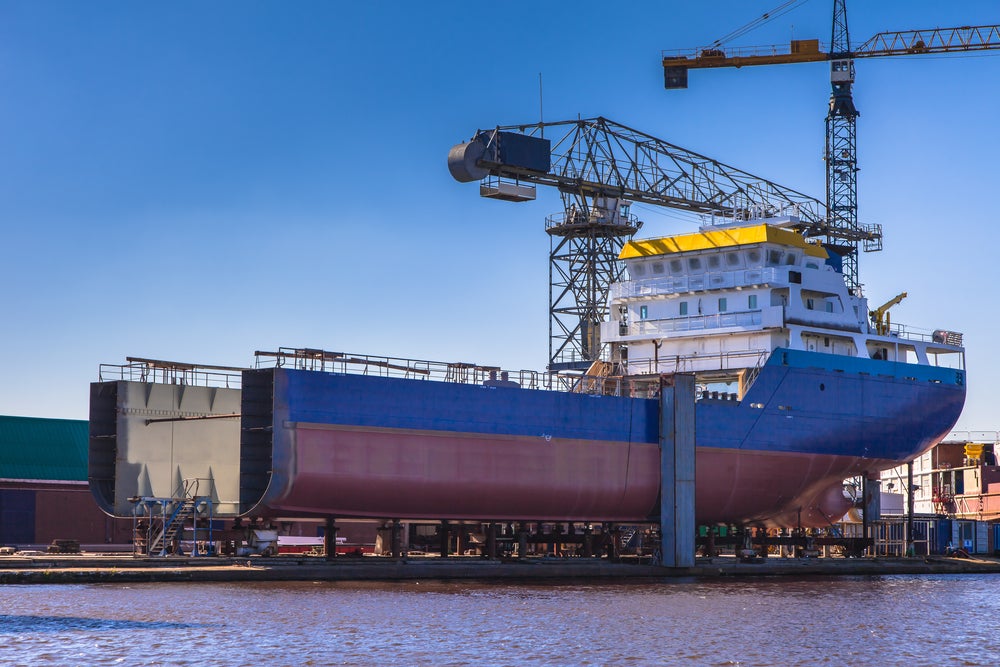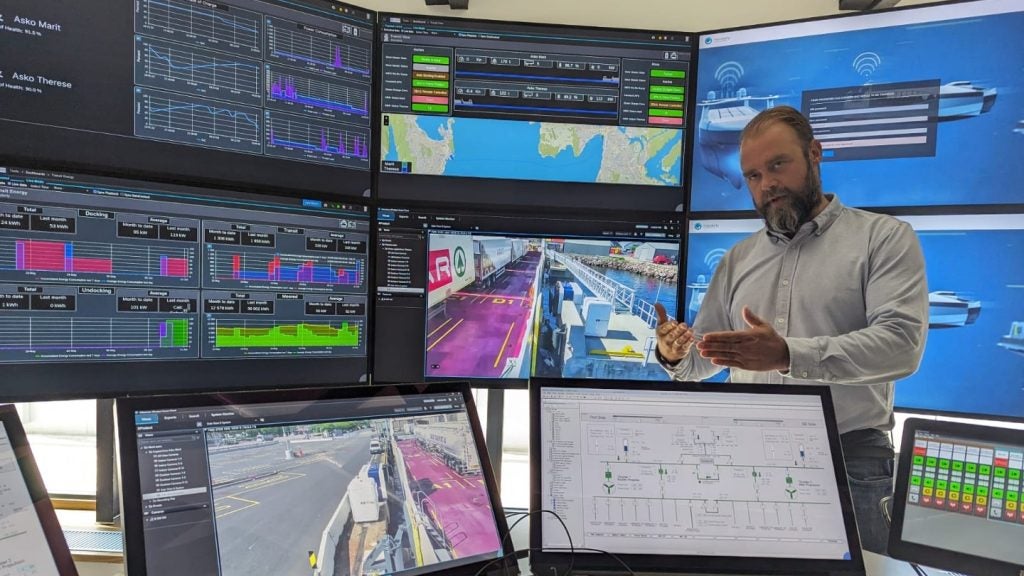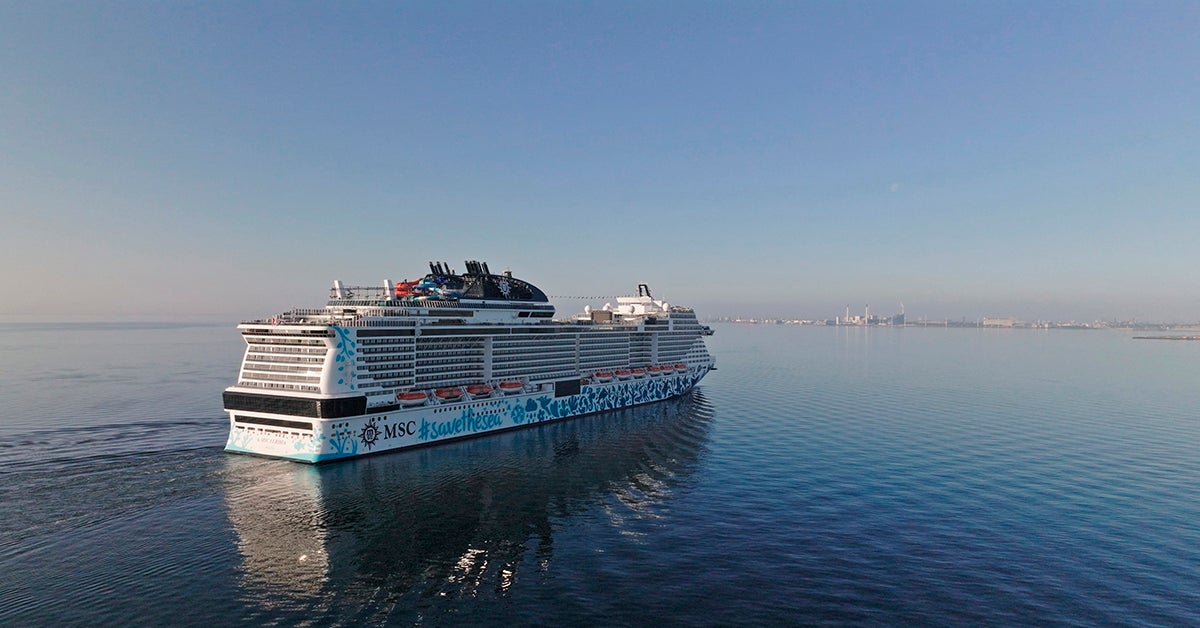
The MSC Euribia’s maiden voyage was not like any other: it was a net-zero sustainability showcase, fuelled by 400 tonnes of bio-liquified nature gas (LNG), to demonstrate to the cruise industry that it could be done.
The four-day cruise took place after the delivery ceremony at the Chantiers de l’Atlantique shipyard, in Saint-Nazaire, France, on 31 May and the christening on 8 June, in Copenhagen, Denmark.
The new energy-efficient 331m ship – which has four dual-fuel engines that take LNG and marine gas oil (MGO), with a NOx emission-reducing SCR to meet IMO Tier III standards – started construction two years ago during the pandemic, in June 2021.
She cost around €850m and given her size, engineering capabilities, and technological prowess, I wanted to find out what the biggest challenge was getting her delivered on time during a period of such intense global emergencies – from the pandemic to the Russian war on Ukraine and the resulting supply chain and energy crises.
“We were actually burning cash.”
“Finance,” Pierfrancesco Vago, MSC Cruises’ executive chairman tells me, as the delivery ceremony came to a close, was the biggest issue. “With the shipping world laid up we were not cashing in money, we were actually burning cash.”
“Obviously if you run out of money it becomes very difficult, but being diversified in the maritime industry gave us the possibility to sustain, and, thanks to having a private group that empowered us, we had a shoulder of support.”
How well do you really know your competitors?
Access the most comprehensive Company Profiles on the market, powered by GlobalData. Save hours of research. Gain competitive edge.

Thank you!
Your download email will arrive shortly
Not ready to buy yet? Download a free sample
We are confident about the unique quality of our Company Profiles. However, we want you to make the most beneficial decision for your business, so we offer a free sample that you can download by submitting the below form
By GlobalDataVago adds how the war in Ukraine brought about a drop in booking momentum after the pandemic, which hindered recovery in 2022, but that now the 2023 market is normalised.
“Our ships are full, and people have finally understood our value for money and democratisation of luxury,” he says.
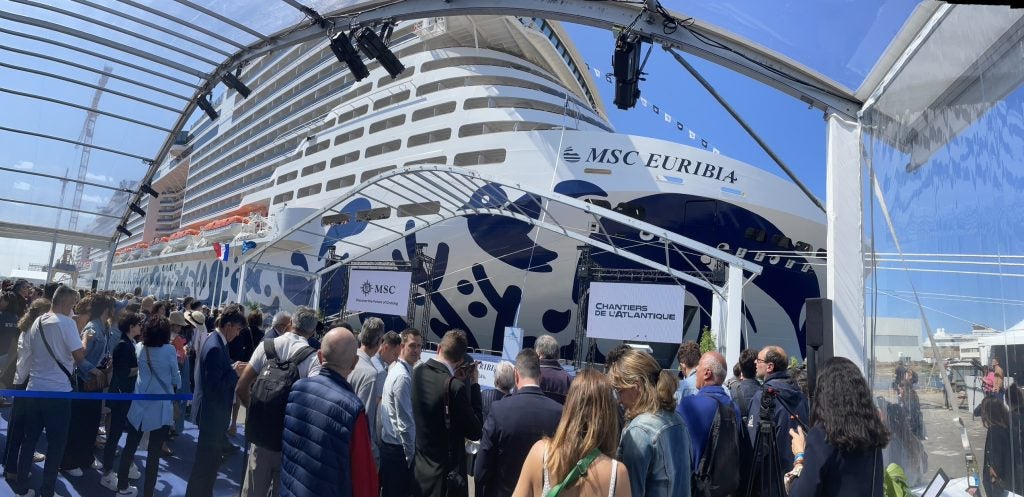
The company’s annual report confirms this with passenger ticket revenues bringing in €1.8bn in 2022, up from €459m in 2021. MSC Euribia, a Meraviglia-Plus class ship, dazzles like its smart-ship sisters, with MSC Cruises’ signature Swarovski staircases, 10 dining venues, 21 bars and lounges, deluxe thermal spa space, and high-end gaming, fitness and children’s facilities.
There are vegan and veggie options on the menus, room service, well-designed staterooms, five pools, and MSC for Me puts information and reservations at guests’ fingertips. Consumers seeking a five-star stay can opt for the Yacht Club, which offers a 24-hour butler service.
Cruise consumers are more aware of sustainable tourism
CLIA’s latest figures also confirm that cruising is back on track with 1.7 million cruises taken by British and Irish consumers in 2022, up from 479,000 in the previous year.
The intent to cruise is strong with 85% of passengers from the UK and Ireland intending to take a cruise again in the future and say they intend to take a holiday at sea again with 60% planning on it in the next two years (up from 53% in 2022).
Although the shipping industry is responsible for just 3%-4% of worldwide greenhouse gas (GHG) emissions, the cruise industry is aiming for a net-zero target by 2050.
Consumers’ growing awareness of sustainable tourism – 76% of British cruise passengers who sailed in the past 12 months said they were ‘much more’ or ‘more’ aware of environmental and sustainable tourism – will help to push the industry towards more sustainable solutions.
According to MSC Cruises, Euribia emits up to 19% less GHG per passenger per day than her sisterships using conventional marine fuels and will emit up to 44% less GHG per day than ships built ten years ago. Overall, the company has reduced the emissions from ship operations by 33.5% since 2008.
Reducing speed by 2 knots over the last two years has helped MCS Cruises to achieve this reduction. Lessons learned here helped the company to realise this strategy could enable MSC Euribia to make a net zero voyage – while she can cruise at 57k horsepower, she sails at less to reduce emissions.
Mass balance for net-zero
At the sustainability conference following the delivery ceremony, we learned that the net zero maiden voyage used a mass balance system to make it possible. The system supports bio-LNG and standard LNG, which are mixed up in the same infrastructure and then delivered to the ship.
Gregoire Hartig, a business development representative from Finnish state-owned energy company Gasum, through which MSC Cruises procured the bio-LNG, says the company only uses RED II directive renewable materials, such as “waste products, manure and sludge,” which is then injected into the grid.
“We have a big advantage in Europe, as we have a big natural gas grid,” he explains. The biogas is then transported to Euribia via the grid. The gas is kept in liquid form at -160°C and then heated up to 35°C for the ship’s engines using heat recovered from the engine’s water-cooling system.
“The underlying message is that if this fuel were available at scale today, this could be the reality across the industry,” said Vago.
The underlying message is that if this fuel were available at scale today, this could be the reality across the industry.
Linden Coppell, MSC Cruises’ VP of sustainability, believes that the mass balance system is the way forward for shipping to achieve a net zero future: “We need to take advantage of the grid,” she says, explaining that physically transporting bio-LNG to the ship removes all the sustainability benefits.
“Ships need the gas to be liquified and although mass balance means you’re not getting those physical molecules that you’ve purchased, we have the certification [from the International Sustainability & Carbon Certification (ISCC)] that we’ve bought the bio LNG, which ensures we claim the benefit.”
Coppell stresses that sustainability measures can continually be improved by comparing reality with Euribia’s digital twin, which demonstrates optimised performance.
“We know what the ship is capable of, so we need to have more eyes on the data,” she says. “These ships are so complex, and we need to rely on the crew, interaction with the tech teams, the shipyard and the team in London who can see the data in real-time.”
Euribia has a broad range of optimised and self-sustaining systems, such as creating its own fresh water from seawater. By filtering it through a reverse osmosis process, it creates 2.7 million litres a day, which is enough to fill an Olympic swimming pool – and enough to provide three days of water on the ship in the event of no production.
Wastewater is minimised, for example, toilet flushes on board only need 1 litre of water whereas on land a toilet requires 10 litres and is treated to IMO’s ‘Baltic Standard’.
Recycling and crushing it
The recycling operations on board are extensive. Sorting bins include paper, dirty plastic, clean plastic, cans, glass, spray bottles, food, toner, oily rags, neon, dirty linen and bio risk.
The result of extensive wining and dining of 6,334 passengers on board results in a vast and intense glass-crushing operation, which crushes 7,000 wine bottles every day. The crushed glass is kept in a refrigerated room, with other recycled materials, and delivered at the port to commissioned recycling companies.
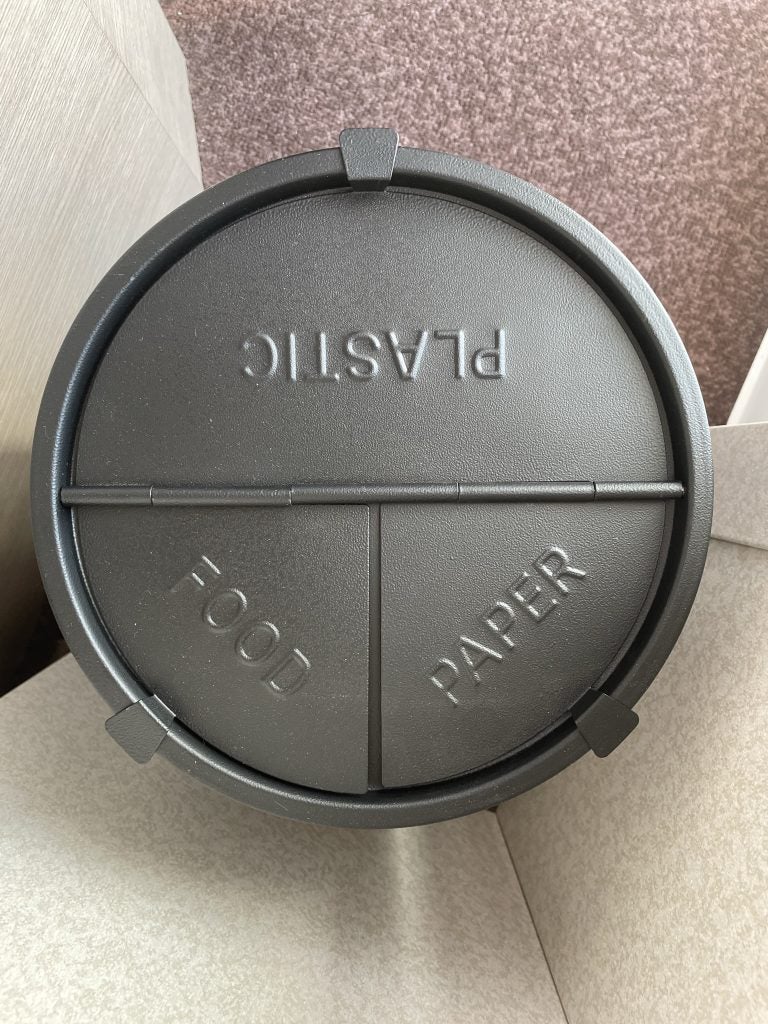
By optimising across the fleet, MSC Cruises is focused on hitting IMO’s 2030 carbon reduction target ahead of time.
“Often the focus of decarbonisation is solely on supply-side measures, and although they are an important part of the energy transition, we must not forget the essential role that energy efficiency will play in reducing energy demand today,” says Vago at the delivery ceremony.
“The cleanest energy is the energy that we don’t use and MSC Euribia has been constructed with this principle at its heart. This is why she marks, with her coming into service, such an important milestone toward our goal of achieving net zero CGH marine operations by 2050.”



